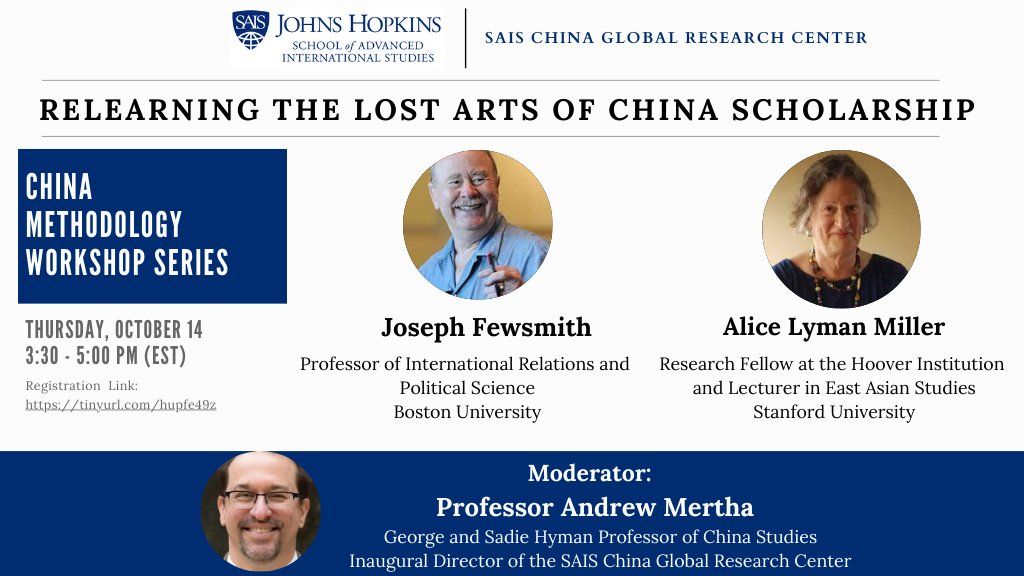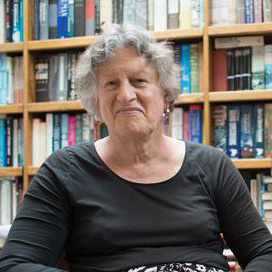s our access to Chinese data sources becomes increasingly constrained, and the political atmosphere narrows opportunities for informal collaboration, many China scholars physically outside China have been scrambling to find new and innovative ways to mitigate these trends.
One promising – but rarely mentioned – avenue is to dust off the tools Sinologists utilized from the 1960s through the 1970s, when it was impossible to contemplate the kind of access that many of us have been able to take for granted, but which allowed these scholars to get so many things about China right.
What are these skills – the analytical tools and the strategies to deploy them – and how might we be able to adapt them to the current research climate (and the foreseeable future)?
We will be tackling a number of issues that we as a community of scholars face today. These include, but are not limited to:
Methods used and strategies employed to secure useful data, and the circumstances that privileged some methods/strategies over others.
The relationship between data scarcity/availability and choice of research questions or topics.
Filling in the gaps in the data and constructing interpretations of it that satisfy the analytical rigor of the field.
The degree to which these skills, developed in the 1960s and 1970s, travel into the present day.
Larger questions about the current constraints in studying of China and the disciplinary mandates we face.
Implications in how we work with the policy world.
The format will consist of a 25-minute presentation per speaker, a 20-minute moderated discussion, and a final 20 minutes for Q and A from the audience (audience members may submit questions in advance to the SAIS China Global Research Center).
All events in this series – unless otherwise noted – will be open to the SAIS/Johns Hopkins community and to the broader public. Registration is required.



